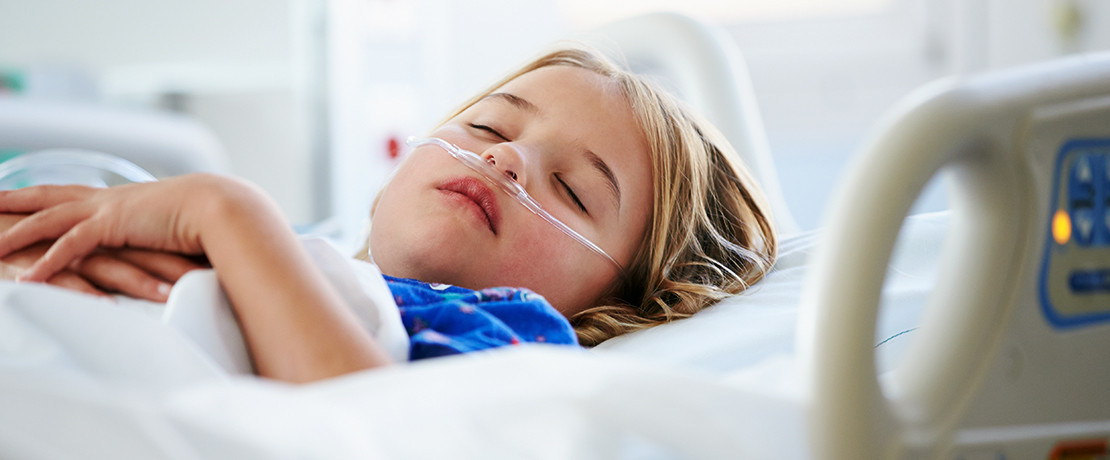Pediatric Emergency Medicine Center
24-hour emergency ground and air medical transport for pediatric patients
The Pediatric Emergency Medicine Center at Samitivej Hospital provides 24-hour emergency care for pediatric patients by a team of doctors and medical staff fully prepared to provide treatment for infants involved in accidents as well as those in a critical condition. The center is also equipped to offer care for premature newborns in critical state or those who are suffering from complications that place them at high risk that necessitates urgent medical attention. The care provided extends to the accident site itself and continues throughout the journey to hospital in order to give our patients the best chance of survival, including use of the latest emergency care equipment available to ensure comprehensive treatment can be provided at every stage of their recovery.
- 24-hour emergency ground and air medical transport for pediatric patients
- Team of doctors specialized in pediatric emergency care, expert pediatricians and medical staff who have undergone extensive training in the field of pediatric emergency medicine under the collaboration of the Oregon Health & Science University, USA. Our Pediatric Emergency Medical Team travels to emergency situations with all the equipment necessary to provide life-saving assistance to infants and children, whatever type of accident or emergency they may be experiencing, including assessing the patient’s condition and treating injuries on site.
- A pediatric emergency room staffed by a team of expert pediatricians offering 24-hour care to all pediatric patients from infant to teenager.
- A comprehensively equipped Burns Unit operating under the guidance of accident and emergency protocol, providing treatment from the critical care stage and throughout recovery until the patient is fit enough to return home. This care is overseen by a multidisciplinary team utilizing the latest medical equipment to ensure strict adherence to all guidelines associated with infection prevention as well as clinical practice guidelines for burn patients.
- Newborn and Pediatric Surgery Center for cases requiring surgery or for the treatment of infants in critical conditions.
- Neonatal Intensive Care Unit (NICU) and Pediatric Intensive Care Unit (PICU) for newborns and infants in critical conditions.
The following medical equipment and instruments are utilized in the transport of pediatric patients:
- ECG and multi-parameter monitors
- Defibrillator devices
- Extra corporeal membrane oxygenator (ECMO) devices that act as an artificial lung and heart system used in the care of infant patients for whom heart and lung failure has occurred. The device pumps blood around the body while also oxygenating it, thereby providing vital life-saving assistance in terms of transporting patients who have suffered cardiac arrest, heart and/or lung failure.
- Nitric oxide production device, capable of improving respiratory, lung and circulatory function for infants in critical conditions.
- Neonatal and pediatric transport ventilator
- The latest diagnostic devices, such as mobile ultrasound machines, CT scanners and MRI scanning devices, operated by expert radiologists in order to provide the most accurate diagnosis of illness and disease around the clock.
- Point of care real-time blood analyzer device.
- Infusion and syringe pumps
- End tidal CO2 measurement devices
- Oxygen saturation measurement devices
- Portable suction machines
- Transport incubators for neonatal patients
- Neonatal and pediatric immobilization equipment
- Neonatal and pediatric advanced life support drugs and supplies
Neonatal and pediatric medical transportation
Samitivej Children’s Hospital is a private healthcare institution under the care of BDMS which has received accreditation from The Commission on Accreditation of Medical Transport Systems (CAMTS). This international accreditation is only given to hospitals with exemplary standards of care and safety with regard to ground and air ambulance services. The organization responsible for presenting the award is split between its American branch, the Commission on Accreditation of Medical Transport Systems (CAMTS), and the European branch, the Commission on Accreditation of Medical Transport Systems Europe (CAMTS EU). Additionally, there are a total of 13 hospitals in the BDMS network with accident and emergency centers consisting of the following medical transport facilities: ambulances, motorlances, fixed-wing aircraft, and aeromedical transportation, all of which are staffed by our team of highly trained medical escorts.

